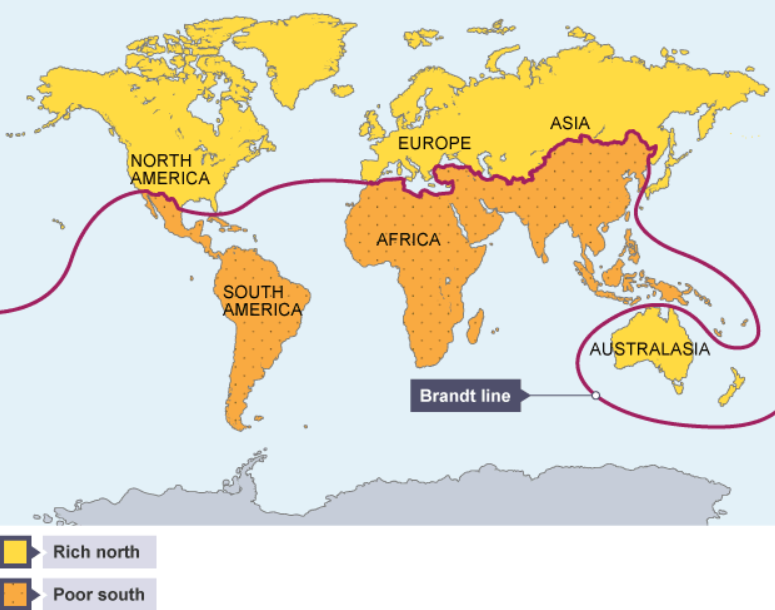-
Q. Evaluate India’s role as the Voice of the Global South in recent global climate and development negotiations. (150 words)
08 Apr, 2025 GS Paper 2 International RelationsApproach
- Introduce India’s role as the Voice of the Global South.
- Justify India’s role in global climate and development negotiations.
- Conclude suitably.
Introduction
India has emerged as a prominent leader for the Global South, advocating for its interests in global climate and development negotiations. This is reflected in its hosting of the Voice of the Global South Summit (VOGSS) and its proactive engagement in global forums. India’s philosophy of Vasudhaiva Kutumbakam (One Earth, One Family, One Future) forms the basis of its role as a representative of developing nations.Body
India’s Role in Global South:
- Advocacy for Global South’s Interests: India has proposed a comprehensive, human-centric Global Development Compact to address the rising debt of developing countries, a critical concern for the Global South.
- India is committed to providing affordable generic medicines and sharing its expertise in natural farming with Global South nations.
- India has allocated USD 2.5 million for trade promotion and USD 1 million for capacity building in trade policy and negotiation.
- Leadership in Climate Negotiations: India is a vocal advocate for Common but Differentiated Responsibilities (CBDR) in climate negotiations, ensuring that developing countries receive the support they need in tackling climate change.
- India’s leadership in the International Solar Alliance (ISA) and Coalition for Disaster Resilience Infrastructure (CDRI) showcases its commitment to sustainable development and disaster resilience for the global south region.
- Support for Multilateral Reforms: India has pushed for the induction of the African Union into the G20, highlighting its role in reshaping global governance structures to reflect the interests of the Global South.
- India also advocates for reforms in institutions like the UN Security Council and the World Bank, calling for greater representation of developing countries.
- India’s Strategic Partnerships: India is strengthening ties with Global South countries through the India-Africa Forum Summit (IAFS). India has pledged $10 billion for Africa’s development, especially in agriculture, etc.
- As a key member of BRICS and G77, India advocates for climate change action, development finance, and trade fairness.
Challenges Faced by India in Global South
- Diverse Interests: The Global South is not a monolithic bloc. Countries in Africa, Asia, and Latin America may have contrasting priorities on issues like trade policies, climate change, and governance, leading to divergent views on solutions.
- Competition with China: China’s Belt and Road Initiative (BRI) poses a significant challenge to India's influence in the Global South. China has expanded its presence, particularly in Africa and South Asia, limiting India’s diplomatic leverage in the region.
- Diplomatic Challenges: India faces the complex task of balancing its strategic relationships with the Global North (e.g., USA, Europe) while advocating for the Global South’s interests.
- This is evident in forums like the United Nations or World Trade Organization.
- Climate Change Vulnerability: India in general and global south in particular is highly vulnerable to climate change impacts such as extreme weather events, rising sea levels, and droughts. Lack of funding mechanisms exacerbating the vulnerability of the global south.
Conclusion
India has emerged as a key advocate for the Global South, leveraging its own development experience and challenges to push for equitable climate action and inclusive development. From climate justice to debt relief and trade reforms, India’s active role in global climate negotiations will continue to be crucial in advocating for the specific needs of developing countries, ensuring that their voices are heard in shaping climate policies.To get PDF version, Please click on "Print PDF" button.
Print PDF





